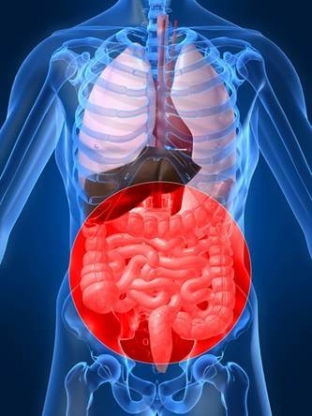Celiac disease is a congenital intolerance to the gluten protein found in cereals. This pathology significantly reduces the quality of life of patients, because the manifestations of celiac disease constantly make themselves felt. Frequent loose stools, emaciation, weight loss, anemia, decreased body reactivity, abdominal pain, and infertility make the patient suffer. Until recently, the main treatment for celiac disease, in addition to symptomatic treatment, was a gluten-free diet. In severe cases, corticosteroids have been used. The issue of pathogenetic treatment of celiac disease has always remained open and relevant.
Celiac disease vaccines invented
For the pathogenetic treatment of celiac disease, scientists have invented an experimental vaccine, which, in their opinion, can significantly improve the quality of life of patients with celiac disease. The vaccine was initially tested on laboratory mice, and the celiac disease vaccine has recently passed its first human trial.
The creation of a vaccine against celiac disease began at the end of the last century and lasted 12 years. An experimental vaccine, NexVax2, was created and brought to market by ImmusantInc. The vaccine contains microdoses of cereal proteins that sensitize the body to the gluten protein without causing a strong immune response.
It has been hypothesized that the slow and consistent administration of several doses of the vaccine with increasing protein content could cause the immune system to respond calmly to gluten ingestion.
 A study was conducted in which 40 volunteers with celiac disease were given the celiac disease vaccine for 11 months. After the full vaccination course, all participants ate a gluten-free diet. Simultaneously with this was carried out immunological control, which testified to the tolerance of the vaccine and the absorption of gluten in the intestine.
A study was conducted in which 40 volunteers with celiac disease were given the celiac disease vaccine for 11 months. After the full vaccination course, all participants ate a gluten-free diet. Simultaneously with this was carried out immunological control, which testified to the tolerance of the vaccine and the absorption of gluten in the intestine.
The results of the trial will determine the exact effect of the celiac disease vaccine:
- temporary reduction in gluten sensitivity;
- lifelong immunization and improved quality of life.
Results of the celiac disease vaccine study
The vaccine has shown amazing results in the first phase of clinical trials. The study evaluated the efficacy, safety, bioactive properties and tolerability of a vaccine for the treatment of celiac disease. Tests have shown that the vaccine is well tolerated and has the desired biological effect in patients with celiac disease.
According to the final results of scientists, this vaccine can be used in 90% of cases for the treatment of celiac disease of the DQ2 genotype.
The trial evaluated the effect of weekly injections of the vaccine. The introduction of higher doses of the vaccine in some patients provoked the development of discomfort in the abdomen, which is similar to the sensations when eating gluten-containing foods. According to scientists, this indicates the presence in the vaccine of those peptides that, over time, can help the body get rid of gluten sensitivity.







Add a comment